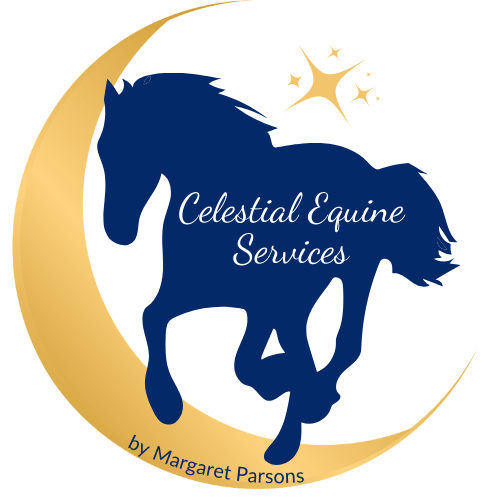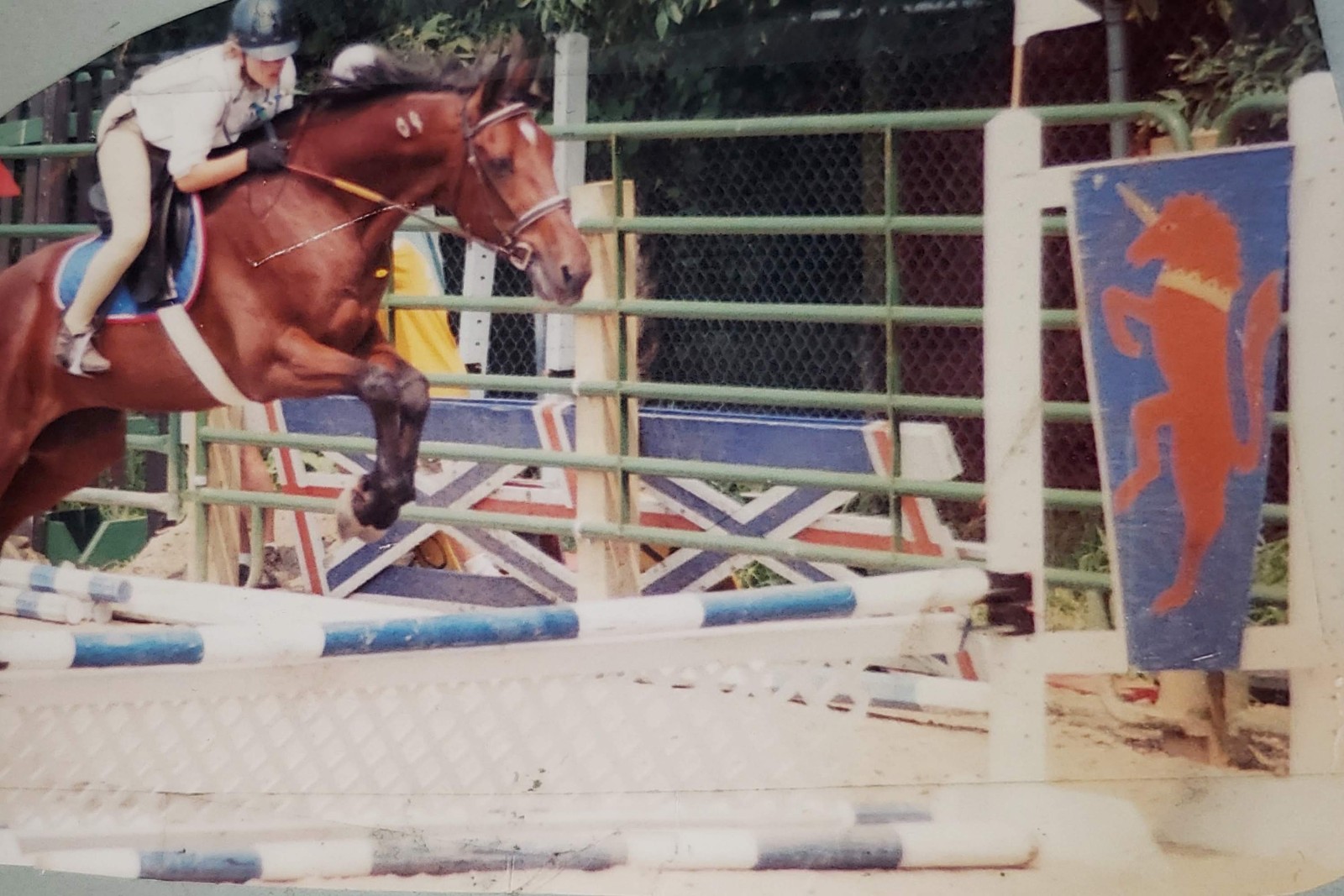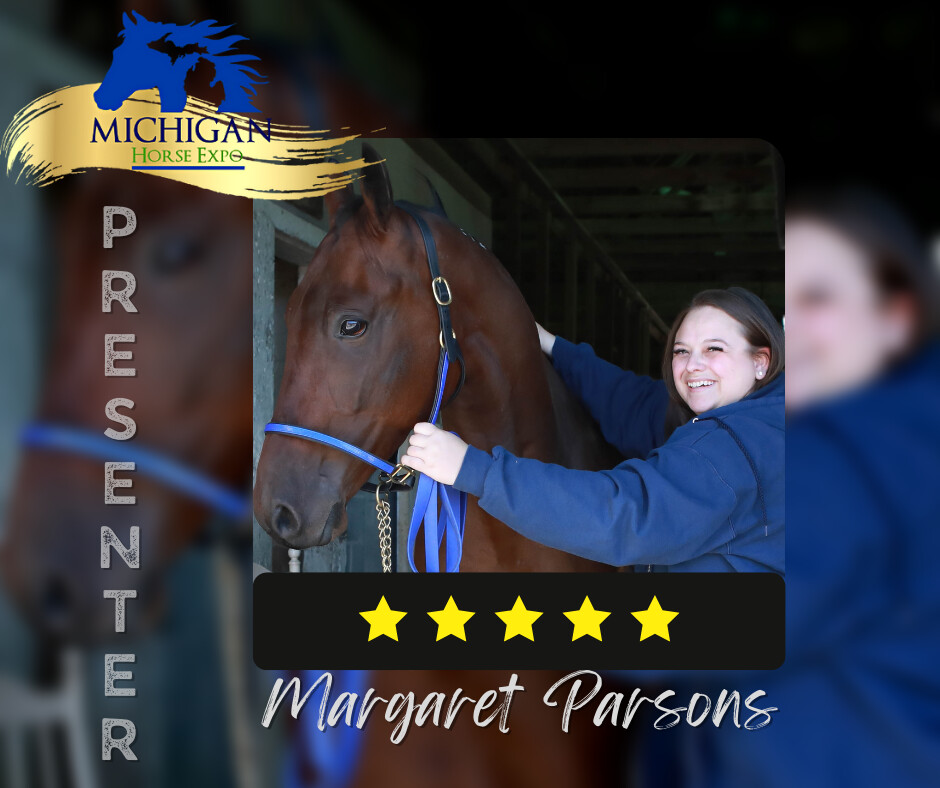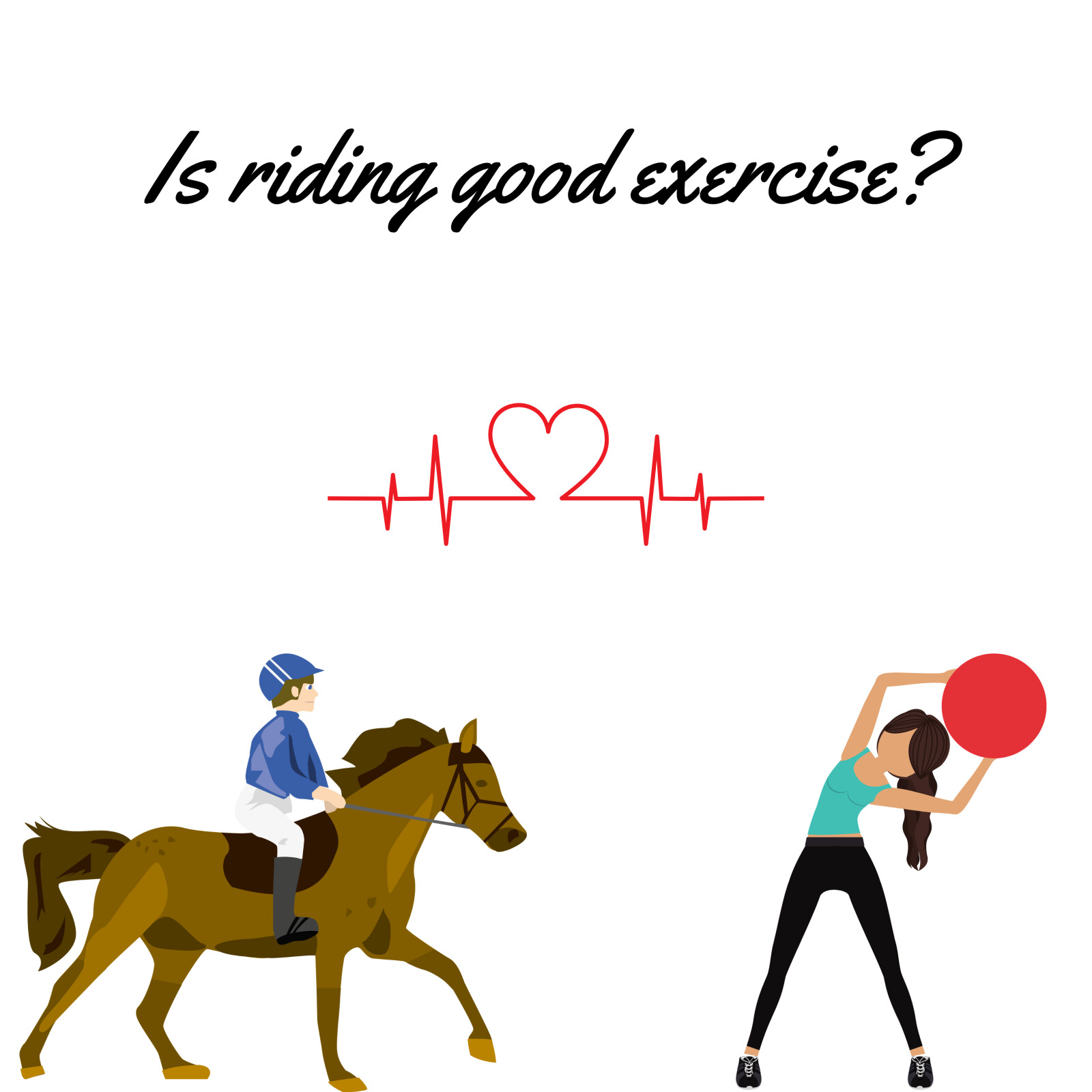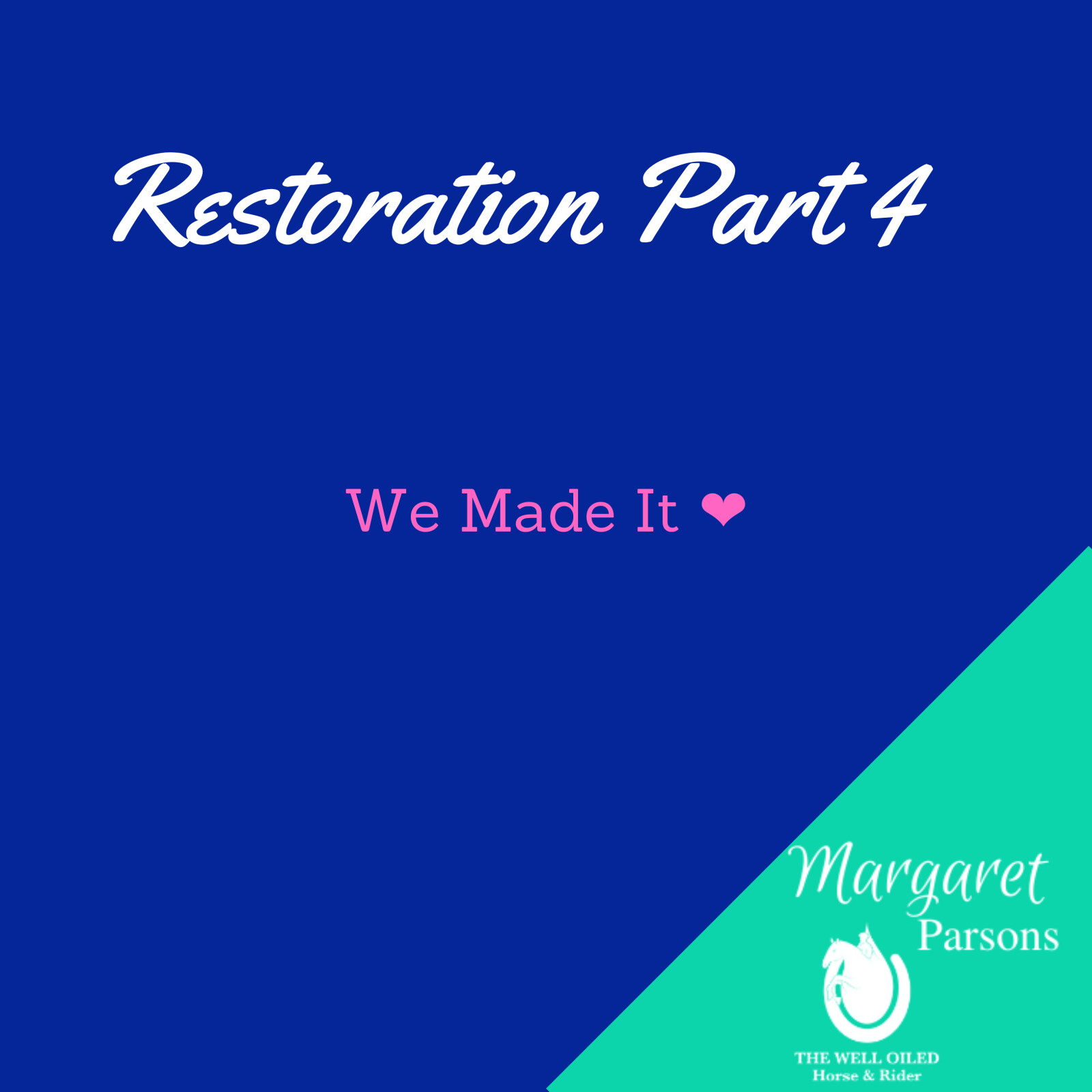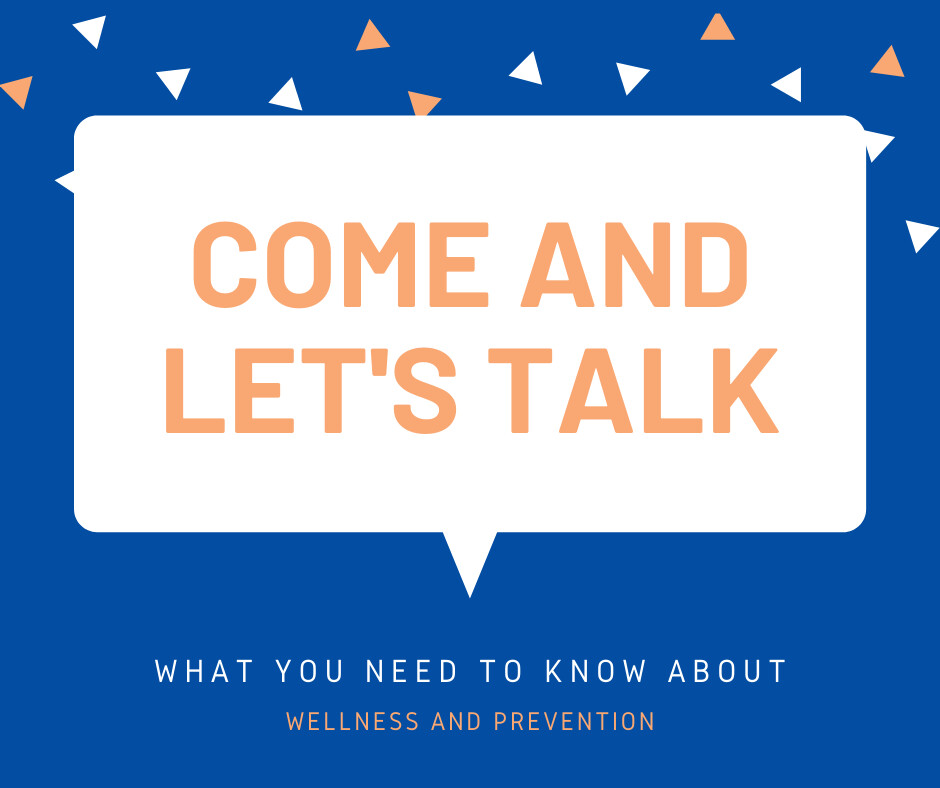
I don't know about you, but when I was growing up, we didn't make too many trips to the doctor. My family has been blessed with good health. Its as easy as that, right?
The reality is that my family ate very little processed foods. My mother was "no fun" and never let me get my favorite sugar loaded cereals when we went to the store. She also made sure that I had limited access to pop. We always had plenty of fresh (home grown when possible) fruits and vegetables. I spent most of my days active and outside and when I was inside, my face was in a book. My mother also went to great lengths to ensure that my sister and I were not exposed to some of life's most negative, confusing and heart wrenching moments. I know that is really why my family was and has been so healthy. My mother did everything in her power to make sure that our family ate, moved and thought well. I don't know that she was aware then, but she set us all up to have optimum health.
What is optimum health? Heck, what is health? For most people I know, they have never experienced optimum health. We all have settled for health that can include headaches, soreness, heartburn, restless sleep, exhaustion and so many other "normal" symptoms. The truth is, health is living without symptoms. Health is your body being able to fight off any invaders without you even knowing that the invaders showed up. Health is the state that your body is in when everything is functioning the way it was meant to function. Your body systems are strong and efficient.
So what does it take to reach that kind of health? Optimal health, when your body is strong and efficient, is earned by eating well, thinking well and moving well.
Okay great- you know it all now- eat well, think well, move well- that's all there is to it... right? Yes and no. It depends on what you believe constitutes eating, thinking and moving well. Earning optimal health can seem overwhelming when we look at the magnitude of information available to us. High fat or high carb? Raw food or cooked foods... or both? Protein shakes or only whole foods? Supplements or no? And all these questions (and all their many different answers) only pertain to the "eat well" portion of optimal health! It is hard to believe that understanding how to obtain and maintain optimal health could possibly be simple with so much differing information.
The truth is that obtaining optimal health is simple. All anyone has to do is provide their body with the materials that are required by their DNA. Humans, as a species, all require the same materials for optimal health. The proper portions of fruits, vegetables and water are all required. As is the appropriate type and amount of exercise. And finally, thinking in a positive and open manner also plays into your current level of health.
It's usually that last bit there that really holds people up. It's pretty safe to say that "everyone" knows or has at least heard about eating less and moving more, but.... ummmmm, what the heck does my thinking have to do with my health?! A lot, actually.
All in all, this health business seems really complicated. Wellness and Prevention don't have to be though. It does take a little research and dedication and it is worth all of it if you want to avoid illness and experience your best life. An ounce of prevention is worth a pound of cure right?! If you are interested in starting your journey toward optimal health, I would highly recommend that you look up Dr. James Chestnut. It's important to remember two things: 1) this is your journey. You choose the path and customize it every step of the way; 2) you don't have to change everything in your life at once. You absolutely can turn your life upside-down, overhaul your lifestyle and remove all of the unnecessary chemicals from your life tomorrow. Or, you can start small by just eating one more serving of fruit and vegetables tomorrow than you usually would. Then maybe ditch the standard, chemical-laden deodorant..... or decide that the one thing you will never change is your deodorant. It's completely up to you. Build a life you love and nourish your body to live the life you've built!
Want more info like this? Join my free Facebook Group Here.
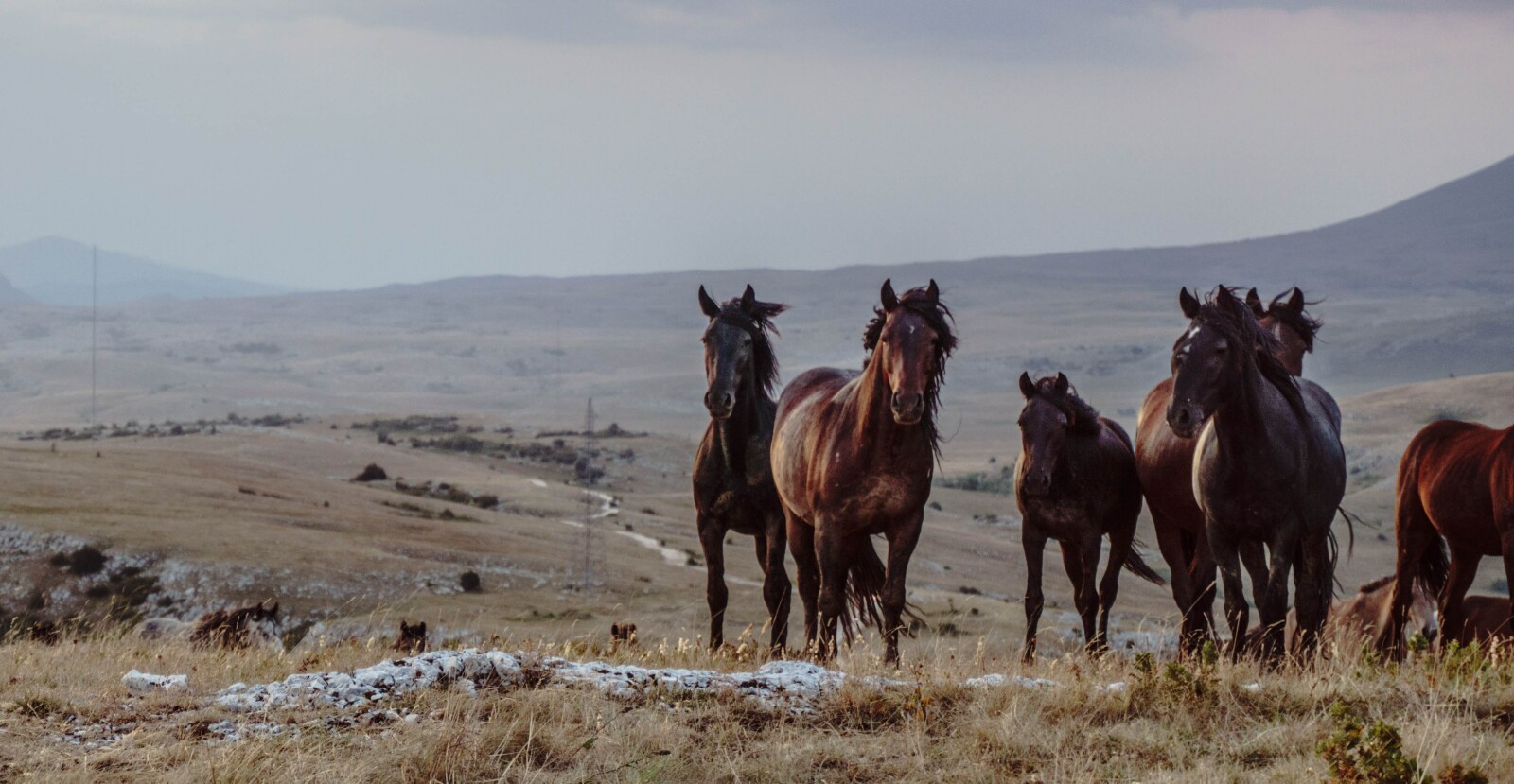
I am going to tell you my opinion and the information I used to form it. There are certain situations that will require different living arrangements for some horses and circumstances. For simplicity, I will only be addressing healthy horses without special circumstances.
Remember, I know this isn't always possible for PLENTY of reasons. This is just the ideal situation for a healthy horse.
24/7 turn-out with a buddy is great for several reasons.
- Continuous grazing. This is so important for proper digestive function and prevention of ulcers. The act of grinding grass triggers the production of natural buffers that keep the stomach lining protected.
- Continuous movement. The ability for your horse to be moving freely is FANTASTIC for their circulation and can prevent stocking up (or other swelling). This also supports proper digestive function.
- Social interaction. Horses are very social creatures. They are herd animals and there can be serious emotional and behavioral (sometimes even physical) consequences for keeping them secluded. Plus, there really isn't anything cuter than 2 horses playing and loving on each other.
- Emotional well-being. Being confined in a stall (especially in a busy barn) can be very stressful- no matter how many "fun" toys you provide.
If you like diving into topics like this, check out my free Facebook group here.
Taking care of your body doesn't have to be complicated. And it doesn't require a doctor or any other expert for that matter. I have studied health more than most people that haven't chosen to work in the "health industry" and it isn't uncommon for me to get asked questions about what to do under certain circumstances.
While I am an advocate for wellness and prevention and I do teach people how to care for their bodies and those of their beloved pets, we really need to get something straight.
1. I am not a doctor or a veterinarian and therefore, it is illegal for me to diagnose or treat human or animal.
2. Wellness and prevention have nothing to do with diagnosing and treating.
I understand how this can be a confusing concept. Especially because we have been raised in a culture that taught us that if we have a question about our bodies and how they function or if something is "normal" we need to speak with a doctor. This logic seems to even make sense- I mean doctors go to school for a long time so they really must be better informed on what it takes to have and maintain optimum health. However, this simply isn't true.
Doctors go to school to study diseases and treatments for disease. They generally do not spend a lot of time studying health and what causes it. In fact, they don't really study what causes disease either. So, what does that mean for you? Simple: wellness and prevention is something you can learn about and dominate for yourself and your family if you want to! And, if you are experiencing intense symptoms and need a diagnosis and possibly a treatment- GO TO THE DOCTOR!
No matter where you are on your wellness and prevention journey, it is important to remember to use all of your resources. If you are lucky enough to have a friend or contact that is super knowledgeable- fantastic! However, remember that your health and wellness is your responsibility and that means that you need to use your resources- the internet (coupled with your favorite search engine) is a powerful resource. As are the reference books offered by Life Science Publishing and many other publishers. Heck, there are even reference apps!
Want more no-nonsense viewpoints from me? Join my free group: Happy Horse, Happy Life
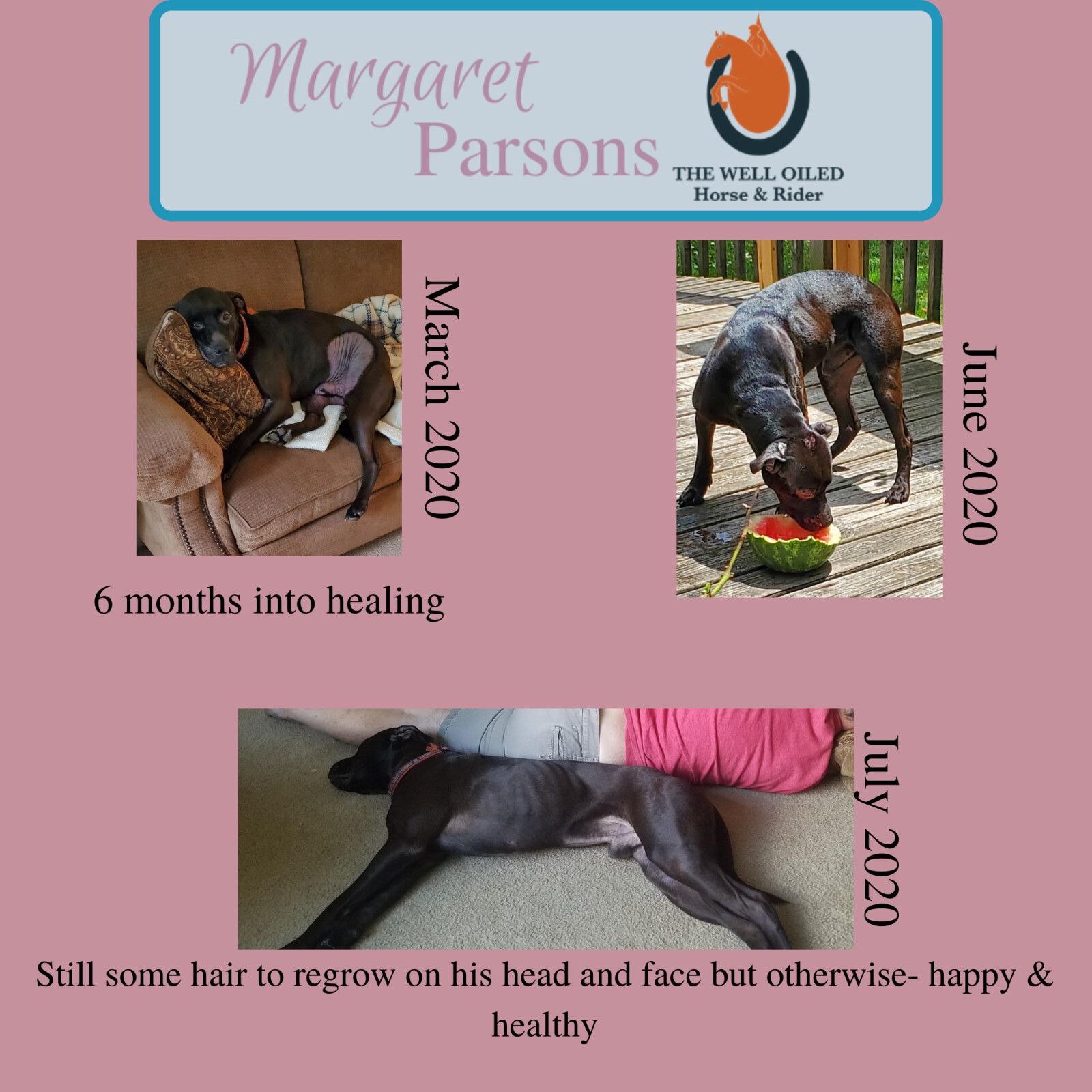
I can tell you now that I know that is all wrong- but maybe not in the ways you are thinking.
As it turns out, what I currently refer to as Liver Detoxing isn't really what I initially thought of when it was originally presented to me. When I think detox, I think of ridding something of toxins. It is actually the Liver's job to help the body eliminate toxins. That being said, we don't necessarily need to get toxins out of the liver (that's a little redundant 😉).
When we are saying "liver detox" we are really wanting to help the liver to function better. A strained liver is the result of many toxins coming into the body from various different ways including food, what goes into/ on the body, and other environmental factors. So, when we support a healthier liver, we are allowing the liver to clean out our body's the way they should.
How do you know if you or your pet may need a liver detox?
- Excessive Fatigue
- Skin Issues and Hair Loss
- Hormone Imbalances
- Bloating/ Passing Gas
- High Levels of Heavy Metals
- Definitely an important step- talk to your doctor or your pet's veterinarian.
So.... What do you need to do to have a happy liver?
If you want to learn more about mine and Ardy's journey + the supplements, foods, and experts that we have used to heal- join my community on Facebook Here.
